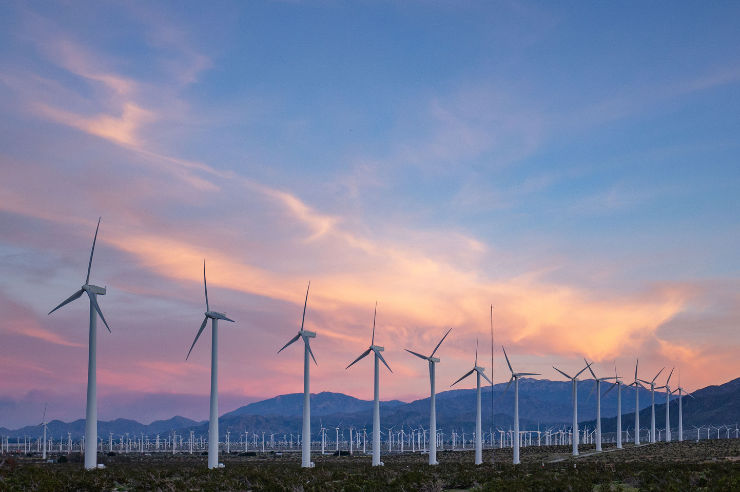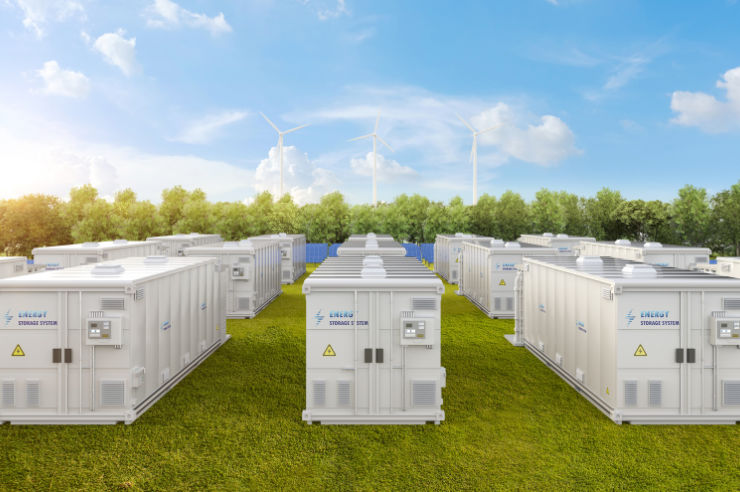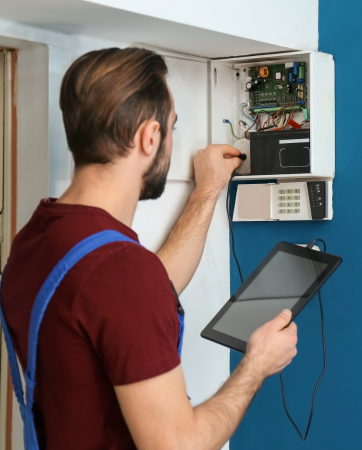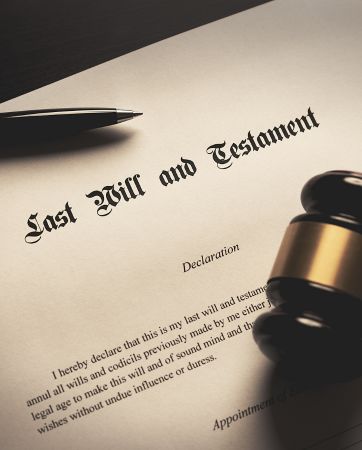Wind Farms: The Future of Energy in Ireland?
Ireland is on the verge of an energy revolution, and wind farms are at the heart of it. With a combination of natural resources, ambitious government policies and growing public support, wind energy is rapidly developing as the foundation of Ireland’s clean energy future. But what makes wind power so important for Ireland, and can it truly be the solution to the country’s energy needs? Let’s explore.
Ireland’s wind energy potential
Few places in the world are more suited to wind energy than Ireland. With some of the highest wind speeds in Europe, due to the Atlantic Ocean and subsequent pressure systems it largely drives, Ireland has ideal conditions for generating electricity from wind. The country’s geographic position, with its extensive coastlines and great open spaces, offers the perfect setting for both onshore and offshore wind farms. This natural advantage is now being harnessed

The current status of wind energy in Ireland
Wind energy is already a major player in Ireland’s electricity mix. As of July 2024, it contributed over 34% of the country’s electricity supply, making it the largest source of renewable energy. This progress is a testament to Ireland’s commitment to a cleaner and more sustainable energy future. But the journey doesn’t stop here. The Irish government has set a target to achieve 80% renewable electricity by 2030, and wind power is set to play a critical role in achieving this goal.
Government policies and support
Ireland’s push towards renewable energy is backed by strong government support. The Climate Action Plan lays out ambitious targets for growing wind energy, including developing up to 5 GW of offshore wind by 2030. To make these goals happen, the government is working on rolling out a range of incentives, grants and policy frameworks aimed at attracting both domestic and international investment in wind farm projects.
Economic benefits of wind farms
Wind energy is not just good for the environment; it’s also a powerful tool for economic growth. Wind farms create jobs in construction, maintenance, and related industries, particularly in rural areas where employment opportunities can often be limited. In addition, they offer new revenue streams for local businesses and suppliers, strengthening local economies. By reducing dependence on imported fossil fuels, wind energy also contributes to energy security and price stability, protecting the Irish economy from unstable global energy markets.
Technological advancements
Technology is transforming wind energy, making it more useful and less disturbing. Modern wind turbines are designed to generate more power with fewer resources, while advances such as floating platforms are expanding the potential for offshore wind farms. Additionally, developments in battery storage and grid integration are helping to ensure a stable and reliable supply of wind-generated electricity, even when the wind isn’t blowing.

Environmental impact
Wind energy is a clean, renewable source that significantly reduces carbon emissions, helping Ireland meet its climate goals. Unlike fossil fuel providers, wind farms do not produce air or water pollution, making them key in the fight against climate change. With global temperatures rising and the effects of climate change becoming more noticeable, Ireland’s commitment to wind energy is more important than ever.
Community involvement and acceptance
The path to a wind-powered future is not without challenges. Wind farms can sometimes face opposition from local communities concerned about noise, visual impact and land use. To overcome these challenges, it’s crucial to engage with communities, address their concerns and offer fair solutions to their concerns. By involving communities in the decision-making process, wind farm developers can build trust and gain the support needed to move forward.

Challenges and obstacles ahead
Despite its potential, the expansion of wind energy in Ireland faces several challenges. High set-up costs, lengthy planning processes and regulatory hurdles can slow down the development of new wind farms. Moreover, Ireland’s grid infrastructure needs significant upgrades to handle the increased load from wind energy and ensure a stable and consistent supply of electricity into the future.
Renewable energy is not just a trend; it is the future of energy in Ireland and the nations commitment to it is clear. With strong policy frameworks, technological innovation and continued support and investment, Ireland can take the opportunity to create a cleaner, greener and more sustainable future for all. As we move towards 2030 and beyond, wind energy is expected to play a central role in Ireland’s journey to carbon neutrality by 2050.
Ready to take your first step toward a greener future? There are some routes you can take as an individual. If you’re an electric or hybrid vehicle owner, explore our great EV Insurance options. Planning a trip away? Consider how you can holiday sustainably. You can also make changes in your home, like investing in solar panels! Start creating a more sustainable tomorrow for you and your family today.
All the information on this blog is published in good faith and for general information purposes only. While An Post Insurance makes every effort to ensure that the information appearing on this blog is accurate and complete, it does not make any warranties about the completeness, reliability or accuracy of this information, whether express or implied, including but not limited to implied warranties of merchantability, fitness for a particular purpose or non-infringement. Any action you take upon the information you find on this blog is strictly at your own risk. An Post Insurance will not be liable for any direct, indirect or consequential losses and/or damages in connection with the use of, or action taken in reliance on information contained in our blog.
Through this website you are able to link to other websites which are not under the control of An Post Insurance. We have no control over the nature, content and availability of those sites and if you click on links to these websites you will be subject to the terms and conditions of those sites. The inclusion of any links does not necessarily imply a recommendation or endorse the views expressed within them.



















